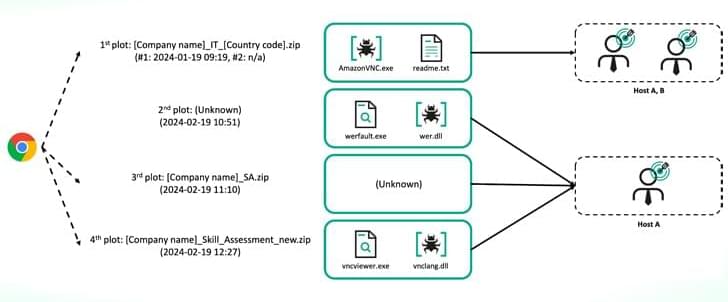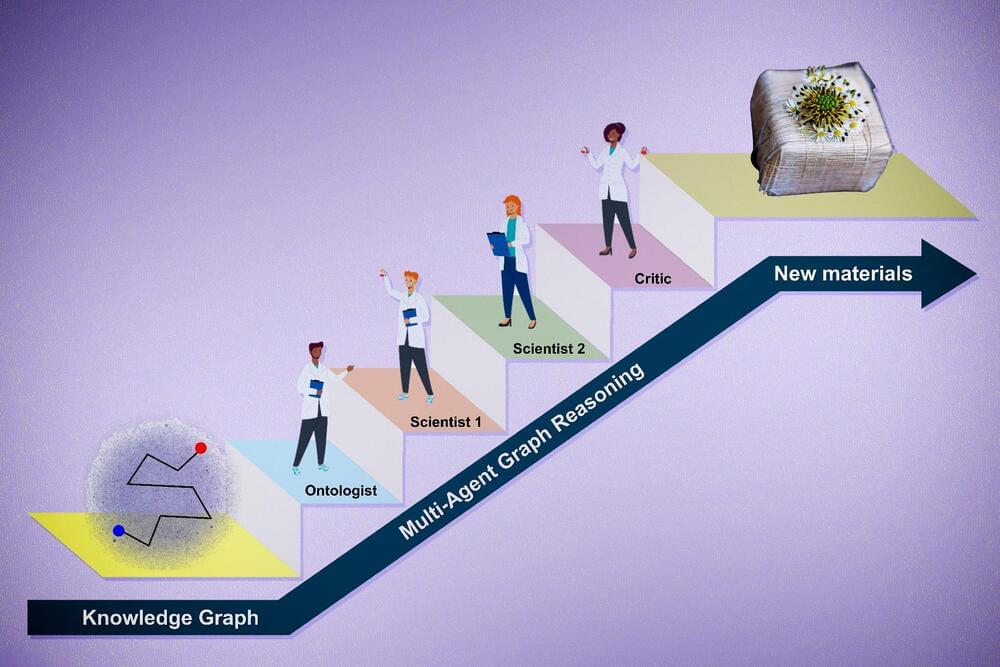Dec 21, 2024
New AI Discovery: The Hidden Factors Behind Faster Brain Aging
Posted by Saúl Morales Rodriguéz in categories: biotech/medical, life extension, robotics/AI
Scientists used AI to estimate the brain age of 739 healthy seniors and found that lifestyle and health conditions impact brain aging.
Researchers at Karolinska Institutet have used an AI tool to estimate the biological age of brains from MRI scans of 70-year-olds. Their analysis revealed that factors harmful to vascular health, such as inflammation and high blood sugar levels, are linked to older-looking brains, while a healthy lifestyle was associated with younger-looking brains. These findings were published today (December 20) in Alzheimer’s & Dementia: The Journal of the Alzheimer’s Association.
Leveraging AI to determine brain age.


















